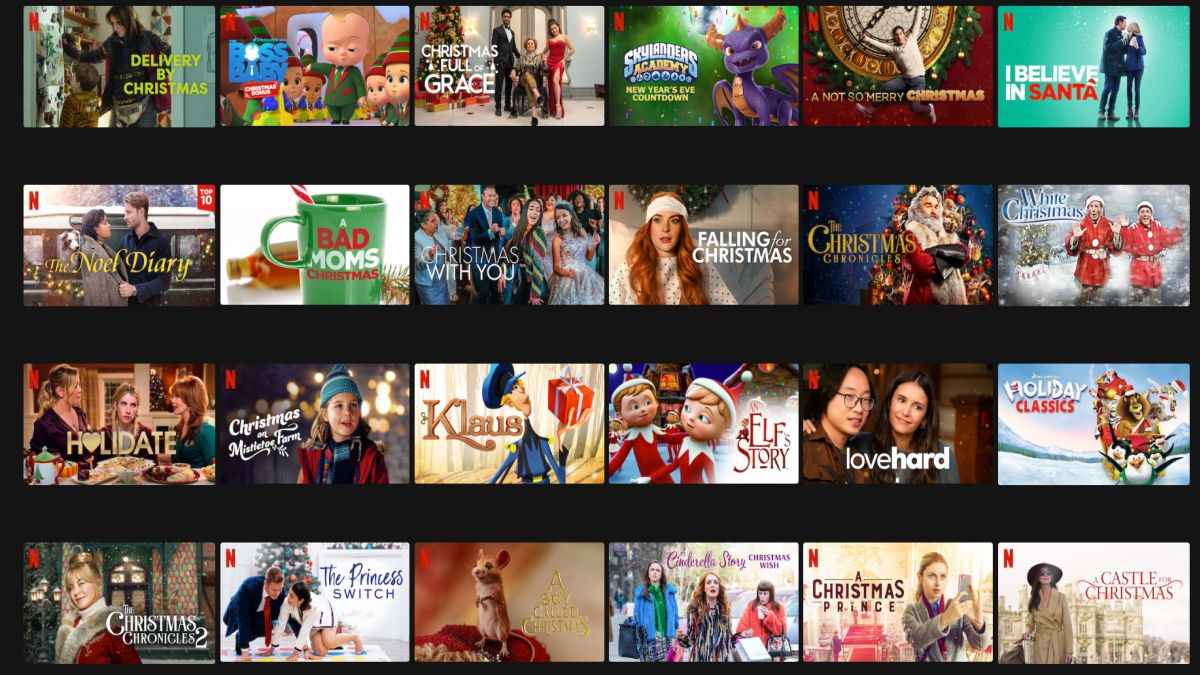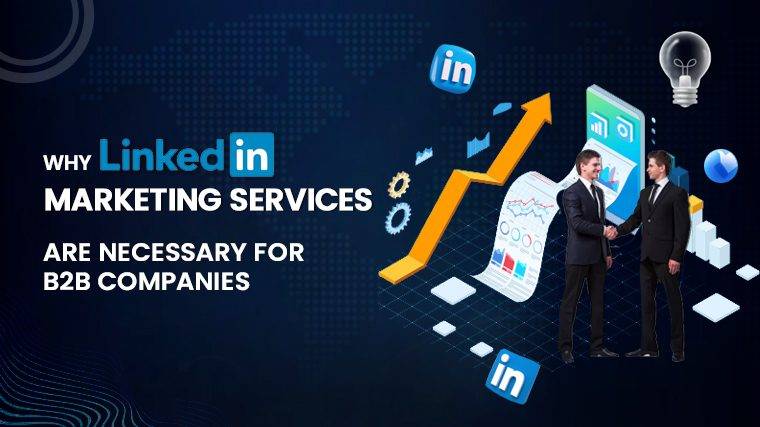A version of this short article 1st appeared at the Medium web site of the Stanford GSE Place of work of Innovation and Technological innovation.
Blockchain has gotten plenty of attention currently as a new method of trade, allowing for experimental cryptocurrencies like Bitcoin and the sale of NFTs in methods that depart an unalterable, totally clear community report that tracks the transfer and possession of digital points.
And the technology may perhaps assistance tackle an age-aged challenge in any classroom: motivation.
A group of blockchain projects named “learn-to-earn” (also in some cases known as “earn-to-learn”) aims to incentivize learners to interact with instructional written content and, just as importantly, stick with it. Quite a few startups are experimenting with encouraging end users to enjoy tutorials or acquire quizzes in trade for earning cryptocurrency. CoinMarketCap’s “learn crypto, receive crypto” software, for instance, has refined its program a person step further, so that as soon as a learner demonstrates they’ve mastered some substance, benefits are instantly deposited into the learner’s electronic wallet.
Other rising plans in the K12 room target on the distinctive demands of really hard-to-achieve pupils. Contemplate Studying Coin, a job led by the Planet Bank that incentivizes students in rural communities to keep in school and enhance academic overall performance. The software evaluates completion and regularity of university student perform, then releases electronic cash accordingly.
Although conventional funds transfer systems can be vulnerable to corruption and are unsuccessful to scale thanks to inefficiencies, blockchain supports the Entire world Bank’s application by making sure transactions are recorded publicly on a transparent electronic ledger. As a governance software, these automatic transfers also lower administrative overhead and file-retaining, which can be complicated for schooling programs in remote locales.
An additional platform, Mygrants, permits learners to access skills schooling and build new competencies although creating credit history by electronic funds transfers carried out at a minimal price by blockchain systems. The education articles is damaged up into small, personalised studying “pills” primarily based on private objectives. As college students answer issues, they acquire factors and get formative responses to build essential-wondering skills. Learners benchmark their development against friends with equivalent goals, and they acquire badges, factors, and a digital payout at the finish of the month if they access their plans.

In the area of lifelong discovering, the Discovering Economic system Basis (LEF) aims to produce a decentralized, blockchain-based network exactly where expertise and qualifications are stored in just a electronic identification that follows the learner. Recently, LEF partnered with LEGO Foundation to build a gamified finding out working experience, known as SuperSkills!, exactly where elementary university learners can pick out adventures and obtain presents as a consequence of finding out main skills. Below the hood, the application uses the W3C’s Common Wallet, a framework produced by MIT and LEF to retailer credentials in just a blockchain-primarily based identification. This identity is not locked down to just one application or company, allowing for learners to individual their facts and use it as they want throughout their tutorial and specialist lifetimes.
Ramping Up Is Difficult to Do
As with any emerging engineering, fairness need to be at the main. Early study signifies that blockchain adoption skews in direction of learners with technological backgrounds and entrepreneurial mindsets.
Nonetheless, there is encouraging facts around accessibility and utility for less than-priveleged communities. “Play-to-earn” initiatives with very well-made consumer interfaces these as Axie Infinity have observed substantial adoption amongst low-earnings groups, and at present supplement domestic incomes in the Philippines. Burgeoning projects with nationwide governments could broaden options for university student qualifications in Ethiopia, skill validation in the nation of Georgia, and far more dispersed and inclusive communities through decentralized autonomous businesses (DAOs).
At the very same time, these new studying pathways will very likely face technological drawbacks. Accessibility with more mature techniques and products, like people normally used in acquiring economies, will be problematic (even though browser-primarily based apps might offer a short-time period resolution). Although blockchain’s interconnected and open up mother nature is vital to data possession and exchange, people should be vigilant with data security to avert hacking incidents.
Eventually, as discover-to-gain assignments and electronic wallets mature, learner-centered layout will turn out to be far more vital. As any trainer or dad or mum understands, extrinsic benefits can only go so far balancing extrinsic inspiration with intrinsic drive is essential all over a finding out trajectory.
And whilst extrinsic drive may get pupils in the doorway, instructing tactics like perception-building and challenge-dependent curricula have been shown to continue to keep pupils authentically engaged in a process. A new community of technologists and educators will need to increase to the challenge to style a layered and adaptive method of rewards and strategies — a notion referred to by blockchain fans as “tokenomics.” To come across accomplishment with learners, blockchain assignments that attain into the classroom will be wanting extra to educators to co-architect incentives and journeys that fulfill the student where they are at individually, academically, and financially.







